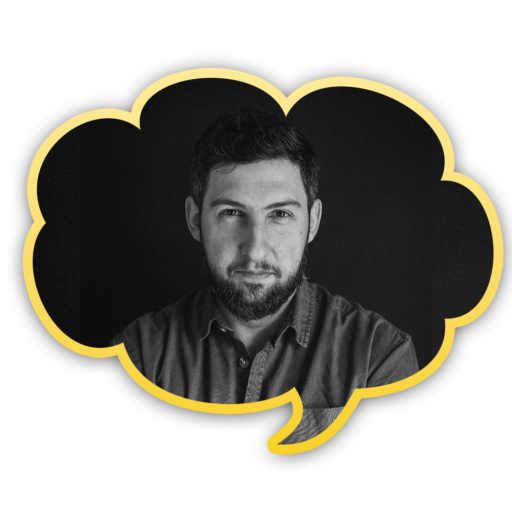AI CHILDREN
Sometimes I ask my children to suggest a topic for me. I do this for two reasons. First, children have unconventional ideas because their minds are still being poured into molds on the assembly line of the “uniformity factory.” Second, because for children, certain things are obvious. Children have a truly modern perspective on the world. And what is obvious and natural to them means it has already become firmly established. We shouldn’t have any illusions about that—it’s already here.
For example, my children were surprised when they found out that you can’t pause a movie on Grandma’s TV whenever you want to go to the kitchen for a drink. They also know that you can chat with ChatGPT and that Google Assistant sometimes tells funny jokes.
For many of us, children are the meaning of life. They are an evolutionary goal, but also the driving force behind a huge number of actions. The purpose of taking action for children—for their well-being, for their future—is deeply enduring. It’s a purpose characterized by a readiness for sacrifice and self-denial. Thanks to children, we feel needed, and that’s why they bring us so much happiness, even though, objectively speaking, the effort of raising them is beyond human strength. That’s precisely why purpose gives a person superpowers—it makes them more than human. A man becomes a father, a woman becomes a mother—though sometimes it’s a bit more complicated than that.
It also happens that people call their inventions their children. They say, “Here’s my latest child.” A child can be a company, a work of art, a book, or anything that required effort to shape. And when we’re satisfied with the result, when we think we’ve succeeded, we say, “This is my child.”
From a human comes a human, and that is their child—a replica of the same species. An LLM created from words generates words—a replica of the same species. Can the fruits of the labor of language models or visual content generators inspire their creators with a sense of pride? Can artificial intelligence say that some of its creations are successful while others aren’t? That these are their favorite children and those aren’t? Perhaps the condition of effort that must be invested and the suffering that must be endured to proudly call something “my child” isn’t met here. To feel relief and to fulfill the need for evolution.
Future Professions Needed:
- AI preschool teacher (in this case, it seems no further rungs on the education ladder are needed—first there’s preschool, then straight to adulthood and work)
Possible Future Inventions:
- A playground for AI children
- A toy store for AI children
